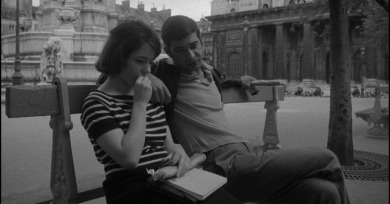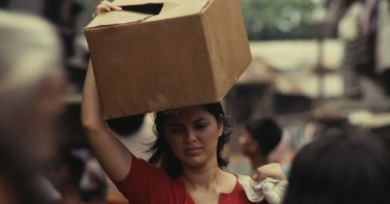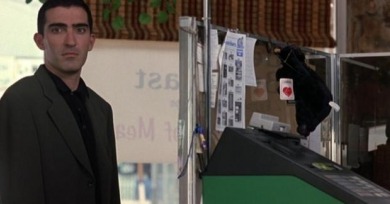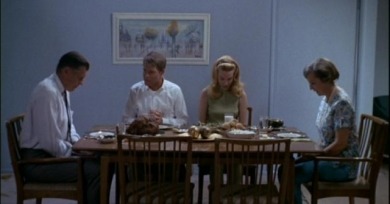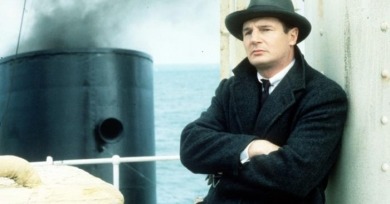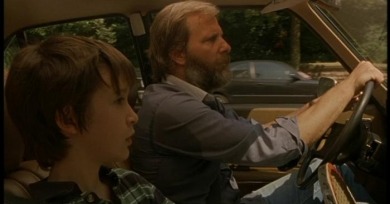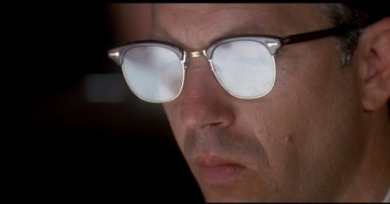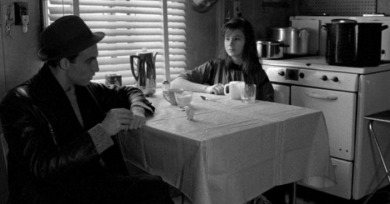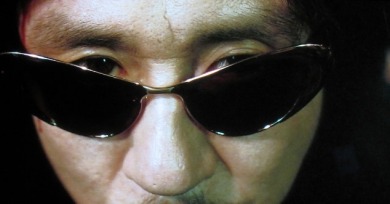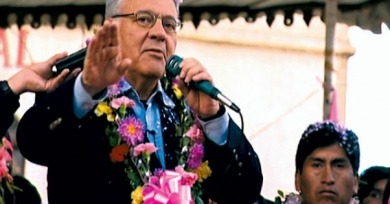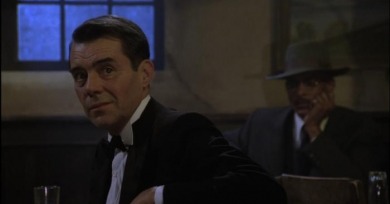Michael Joshua Rowin
Clocking in at a shade over twelve and a half hours, Jacques Rivette’s behemoth certainly is daunting for all the reasons one might expect, but then again not: unlike Bela Tarr’s seven-hour Sátántangó, the film is not intended to be consumed in a single sitting.
Paris Belongs to Us would make a terrific title for a study on the French New Wave in summarizing that movement’s cultural and artistic ascendancy in the late Fifties and early Sixties if it weren’t for two slight problems . . .
For those familiar with the concept of a De Palma film, this early-Seventies independent curio is at once a complete departure from his barely more “mature” work and a perfect example of the ambivalent countercultural origins that fed New Hollywood’s eventual “maturity.”
A variety of sources, all reliable, informed me that Insiang is Filipino filmmaker Lino Brocka’s masterpiece. Yet I emerged from the NYFF press screening completely baffled by this consensus.
It’s Lynch’s strangest and most difficult film—that’s not saying a little—since Eraserhead. And it’s the film of the year.
To responsibly account for the interminable woes of an entire continent is a lot for a lone filmmaker to shoulder. But Mauritanian director Abderrahmane Sissako has done so in his latest, Bamako, and has succeeded.
In short, Mizoguchi and Ugetsu’s immortality are assured; to write of either from a newly illuminating angle is not.
What constitutes a Moment and why does Lynch continually seek it? Firstly, a Moment is the time it takes for Something to happen. For Lynch, down time cannot exist in cinema—Something must occur, whether strange, silly, sensational, sick, sexy, or sad. But never frivolous.
"Once we had the story and did location scouting we knew we wanted to show some pretty dark sides of the Philippines, because we knew with the story we couldn’t show the pretty side and the beautiful side."
Accolades have been heaped on Park Chan-wook so fast and furious from Western film critics (including this one) that maybe it’s time to take a step back and provide room for further evaluation.
Peter Bogdanovich’s debut film, 1968’s underappreciated and rarely discussed Targets, stands out among these histories of violence both cinematic and topical as a true anomaly.
Innocent and unfathomably wronged, the suffering child is society’s favorite martyr, providing a cathexis for pity even more satisfying than the equally needy outpourings of concern for sensationally victimized adults.
Jordan has fun with set design and costumes in recreating 1910s and 20s Ireland, and he clearly jumps at the opportunity to construct scenes around intense violence and underground plotting, but he never engages the complications at the heart of Irish identity and patriotism.
Dialogue is Baumbach’s forte, and there’s an economic and tonal quality to the language of fumbling interactions.
This is potent filmmaking, and few Hollywood blockbusters of the past 20 years are even fit to challenge JFK in terms of art, drama, and sheer entertainment. But film is also a medium of trickery, and Stone is well aware.
Stranger Than Paradise, Jarmusch’s first feature film, still remains his best not because the man behind it was still, at the time of the film’s production, untainted and wide-eyed, but because the times themselves called for an American filmmaker like Jarmusch.
Sometimes films, whether by coincidence or by design, are joined at the hip, engaging in a dialogue and illuminating one another. Case in point—you can’t be amazed by Oldboy without considering its Hollywood counterpart, Kill Bill.
"It’s important as a notion when we’re going overseas, whether we’re in Bolivia or Iraq or Afghanistan or France or wherever we happen to be, just because we think we’re right doesn’t mean we’re going to convince other people that we’re right. Other people have a reason for believing what they believe."
For Fassbinder, the entire logic and movement of late capitalism is irredeemably corrupt. Society is structured so that the only role for the individual is conformity, death, or madness.

